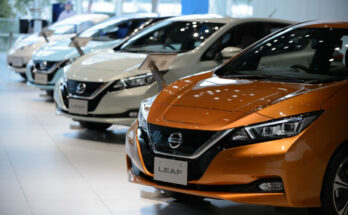China has not only demonstrated a strong governmental and legislative commitment to support the widespread use of electric vehicles (EVs), but Chinese automakers have also delivered on their promises. China has rushed to become the world’s largest EV market, and part of its success is already reverberating around the world.
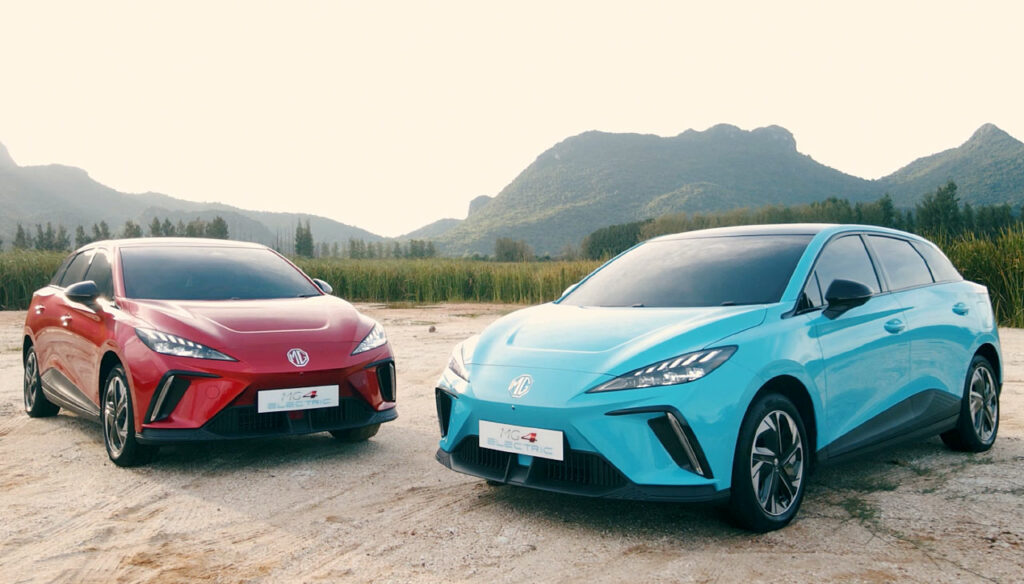
In its most recent study, the automobile market research company JATO Dynamics highlighted how Chinese EVs have been ruling the EV sales charts in numerous South Asian and South American countries.
Related: China Remains the World’s Largest Vehicle Exporter in H1-2023
In the first 6 months of 2023, Chinese EVs grabbed the biggest chunk of the electric vehicle market share in South Asian countries. In Indonesia, it is 29%, in the Philippines its 33%, Malaysia 28%, and in Thailand 79%. In South America, Brazil and Chile made the list, each with 27% of their new EV sales coming from Chinese brands.
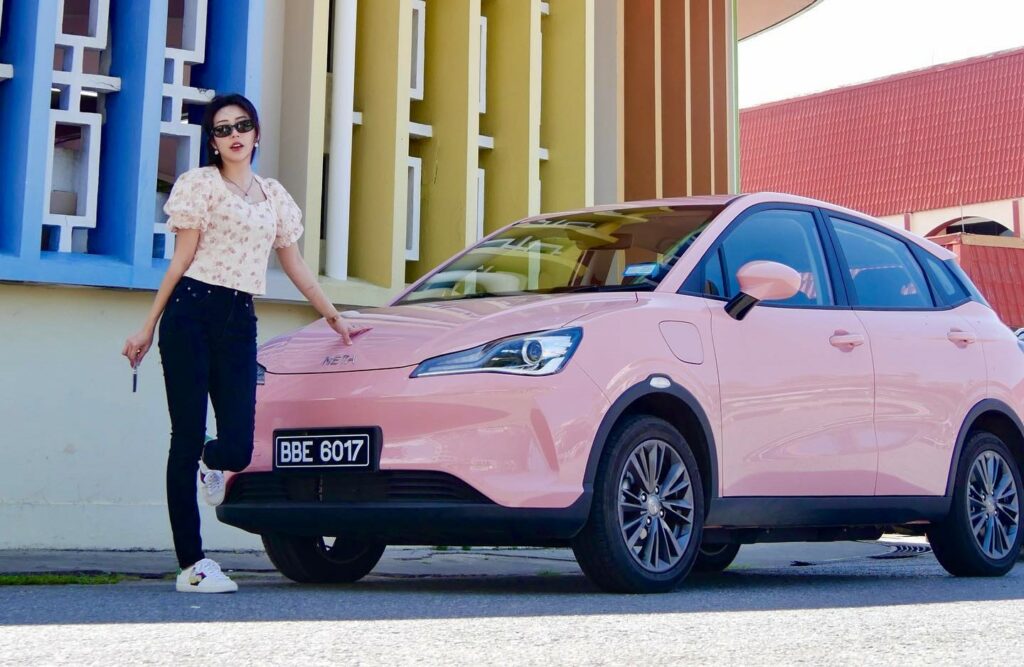
Moving up, 30% of Mexico’s EV sales during the same period came from Chinese firms, demonstrating how popular EVs are in this North American market. Furthermore, Chinese EVs account for an astounding 91% of all new electric vehicle sales in Russia between January and June 2023. Chinese automakers jumped in and promoted their EVs in the country while the majority of legacy automakers suspended their operations in Russia as a result of the Ukraine conflict.
Related: Car Sales in Russia Going North with Chinese Models Dominating
This is primarily due to the fact that Chinese EVs are far more reasonably priced, and many Chinese brands have raised the bar on the quality and technology they offer. Also, Chinese EV makers are least affected by supply chain constraints, something that has become a nightmare for most conventional automakers.
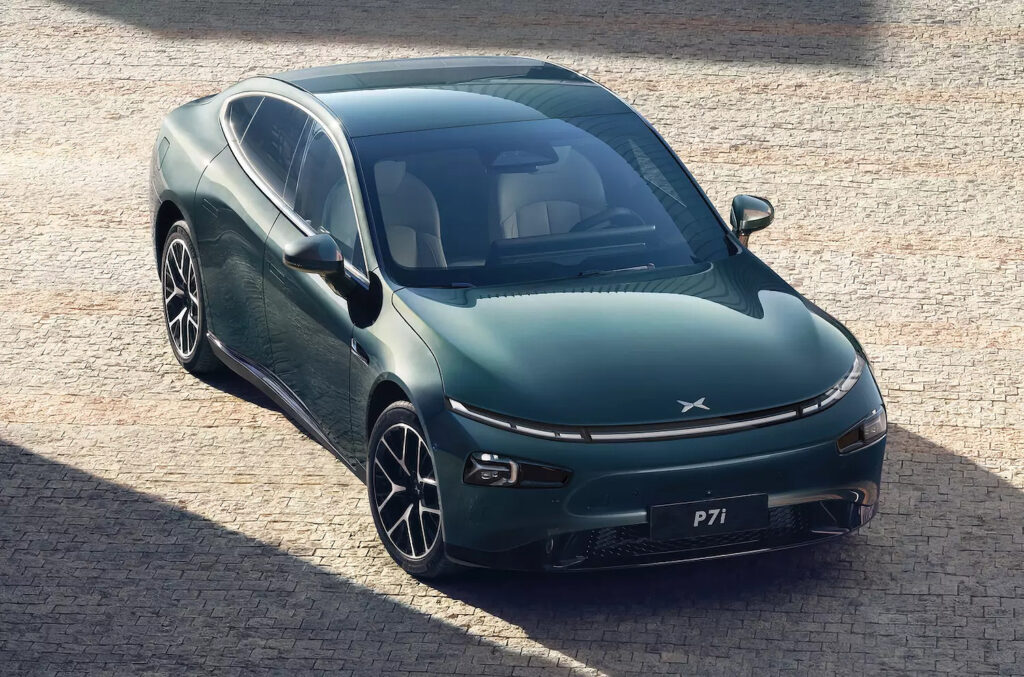
In 2015, the average retail price of an EV in China was 37% higher than in Europe and 26% higher than in the US. It took China just 8 years to reverse that trend. The average EV price in China is now less than half the average EV price in Europe and the US. In H1 2023, an average EV is priced at around $33,404 in China, $71,669 in Europe, and $72,912 in the US, as per the currency conversion rates in November 2023.
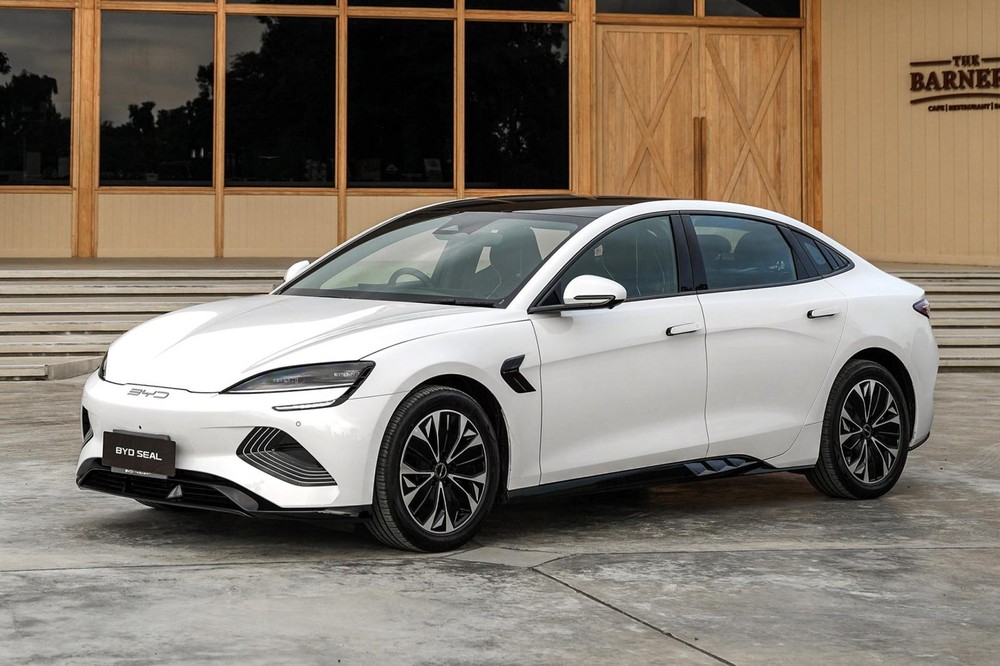
Moreover, a Chinese EV with 200-300 hp costs roughly $33,150. For example, the BYD Seal’s Elite variant with 204 hp has a retail price equivalent to $26,197 in China. The closest European rival is the electric version of the Renault Twingo priced at $26,430 however it only produces 81 hp, according to the JATO report.
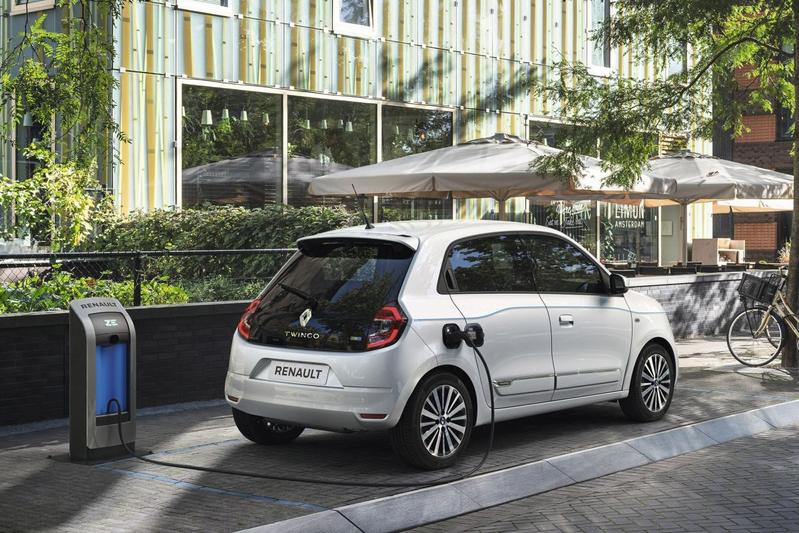
Brands like Xpeng, Nio, BYD, and MG have started becoming common sights on the streets of select European countries, and even in North America. They are among several others to have amped up the quality and technological appeal of their EVs.

Remember what late Sergio Marchionne, the former chief executive of Fiat SpA and Chrysler Group LLC (now part of Stellantis), said when he alarmed the Western car makers to watch out for competition from Chinese cars. His words need a mention again:
Chinese automakers have future plans to export autos to other parts of the world and pose an “enormous” risk to established car makers based in Europe and North America. Chinese automakers currently produce almost entirely for the enormous domestic market, but their future plans for the export market are significant. Even assuming China was to export only 10% of what it produces, the risk we face in our home markets is enormous. Automakers like Fiat and Chrysler cannot afford to be unprepared for the ascent of China and need to continue to work to make our industrial base more competitive because the day of reckoning is inevitably coming.

A computer animation professional with over 23 years of industry experience having served in leading organizations, TV channels & production facilities in Pakistan. An avid car enthusiast and petrolhead with an affection to deliver quality content to help shape opinions. Formerly written for PakWheels as well as major publications including Dawn. Founder of CarSpiritPK.com



